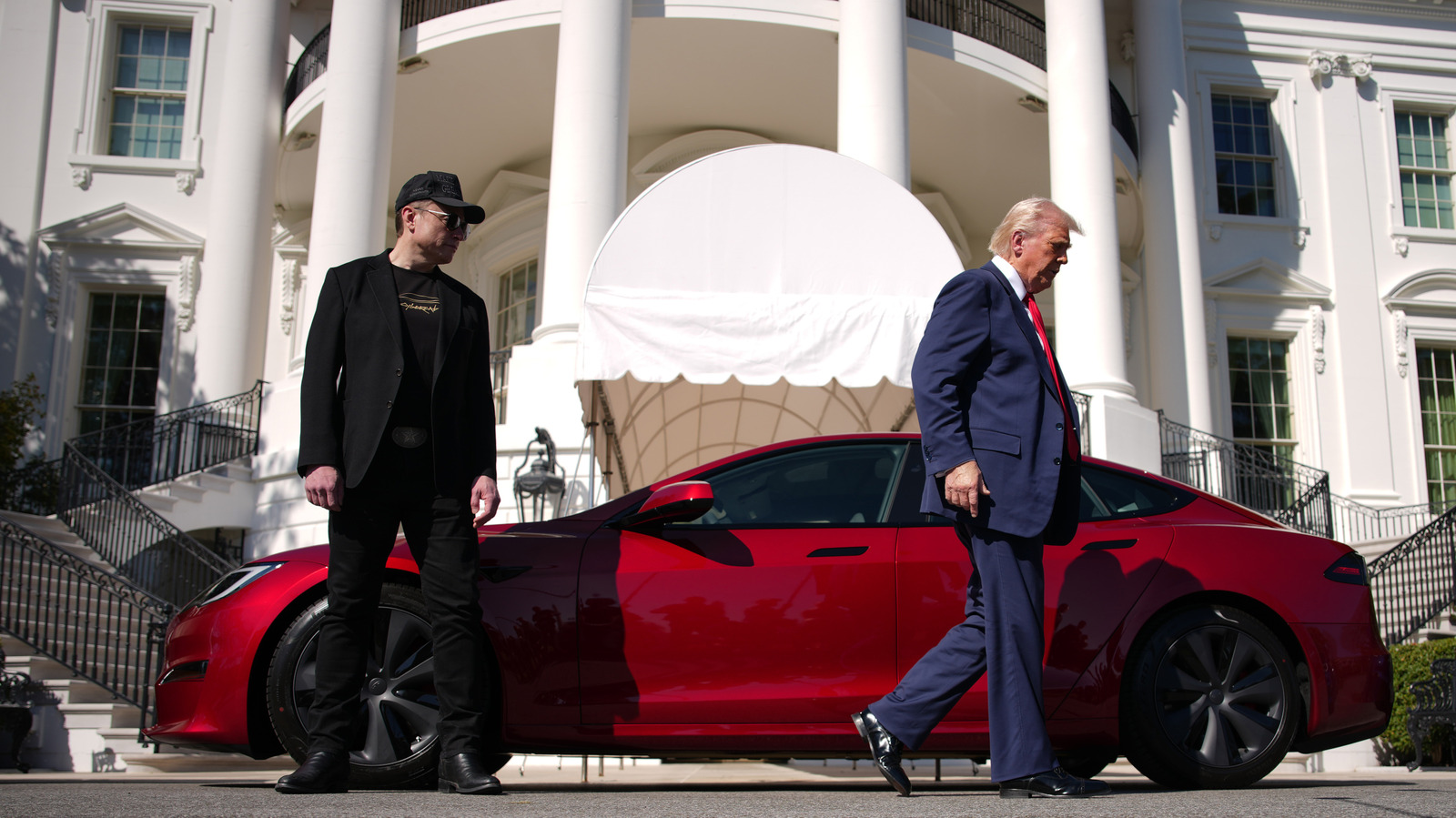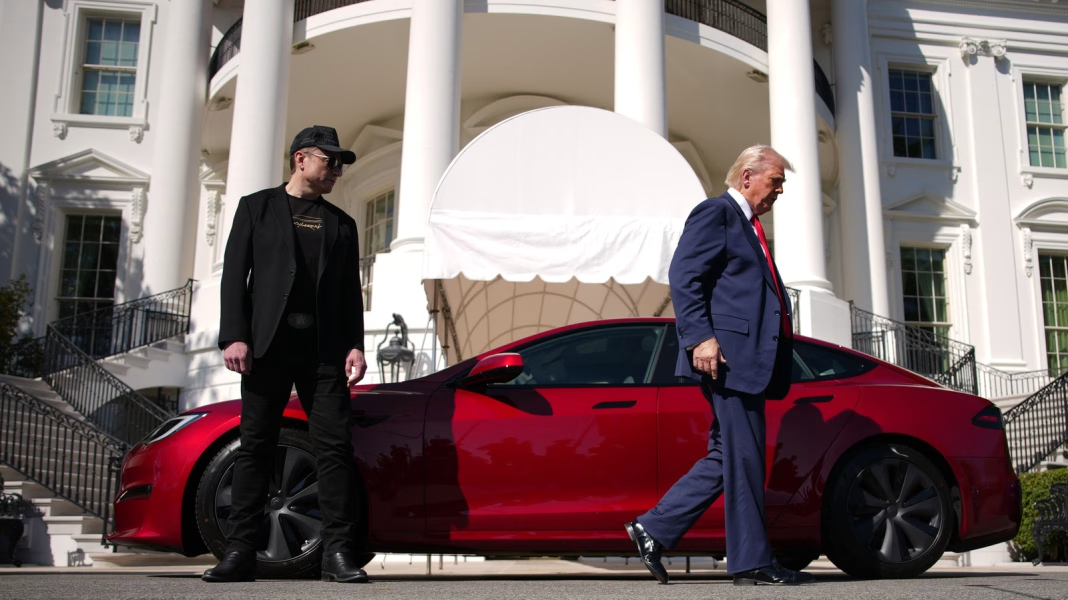Tesla vehicles have made quite a splash in the automotive world, but recent data reveals a surprising twist: the Tesla Model S and Model X are among the vehicles experiencing the highest depreciation over five years. Specifically, they ranked 3rd and 9th, respectively, on a recent list of the top ten vehicles losing value. This trend is raising eyebrows among potential buyers and current owners alike. So, what does this mean for you if you’re considering a Tesla or already own one?
Understanding Vehicle Depreciation
Depreciation is a natural part of a vehicle’s life cycle. It’s the decrease in value over time, influenced by factors like mileage, condition, market demand, and brand perception. For many cars, the first few years see the steepest decline in value, often around 20% to 30%. However, Tesla’s situation is a bit more complex. While electric vehicles (EVs) generally hold their value better than traditional gas-powered cars, the rapid evolution of technology in the EV space can lead to significant depreciation.
Why Are Teslas Depreciating?
Several factors contribute to the depreciation of the Model S and Model X. First, the market is flooded with new models and features that make older versions seem outdated. For instance, Tesla frequently updates its software and introduces new features, which can make older models feel less appealing. Additionally, as more manufacturers enter the EV market, competition heats up. Brands like Ford and Volkswagen are rolling out impressive electric options, which can sway buyers away from older Tesla models.
Another aspect to consider is the resale market. As more Teslas hit the used car market, the supply increases, which can drive prices down. This is particularly relevant for the Model S and Model X, which have seen a surge in new buyers over the past few years. With more options available, potential buyers may hesitate to pay a premium for older models.
Real-World Impact on Owners
For current Tesla owners, this depreciation trend can feel disheartening, especially if you purchased your vehicle with the expectation that it would retain its value. If you’re considering selling or trading in your Model S or Model X, you might find that the resale value isn’t as high as you anticipated. This situation can be particularly frustrating if you’ve invested in upgrades or maintenance to keep your vehicle in top shape.
However, it’s not all doom and gloom. Many Tesla owners appreciate the unique driving experience and the benefits of owning an electric vehicle, such as lower fuel costs and reduced environmental impact. These factors can sometimes outweigh the financial hit from depreciation.
What Should Potential Buyers Consider?
If you’re eyeing a Tesla, it’s essential to weigh the pros and cons. On one hand, you’re investing in a vehicle known for its innovation, performance, and cutting-edge technology. On the other hand, be prepared for the reality of depreciation. If you plan to keep your Tesla long-term, the depreciation might not be as significant of a concern. However, if you’re looking to resell in a few years, it’s wise to consider how the market might shift.
Additionally, consider the warranty and service options. Tesla offers a robust warranty that can provide peace of mind, especially if you’re worried about potential issues down the line.
The Big Picture
The takeaway? Tesla ownership isn’t just about the car itself; it’s about understanding the market dynamics at play. While the Model S and Model X are currently facing significant depreciation, the overall experience of owning a Tesla can still be rewarding. If you’re considering a purchase, think about your long-term goals. Whether you want a cutting-edge vehicle or are simply looking for an eco-friendly option, knowing the potential for depreciation can help you make a more informed decision.
Start with one change this week, and you’ll likely spot the difference by month’s end.


